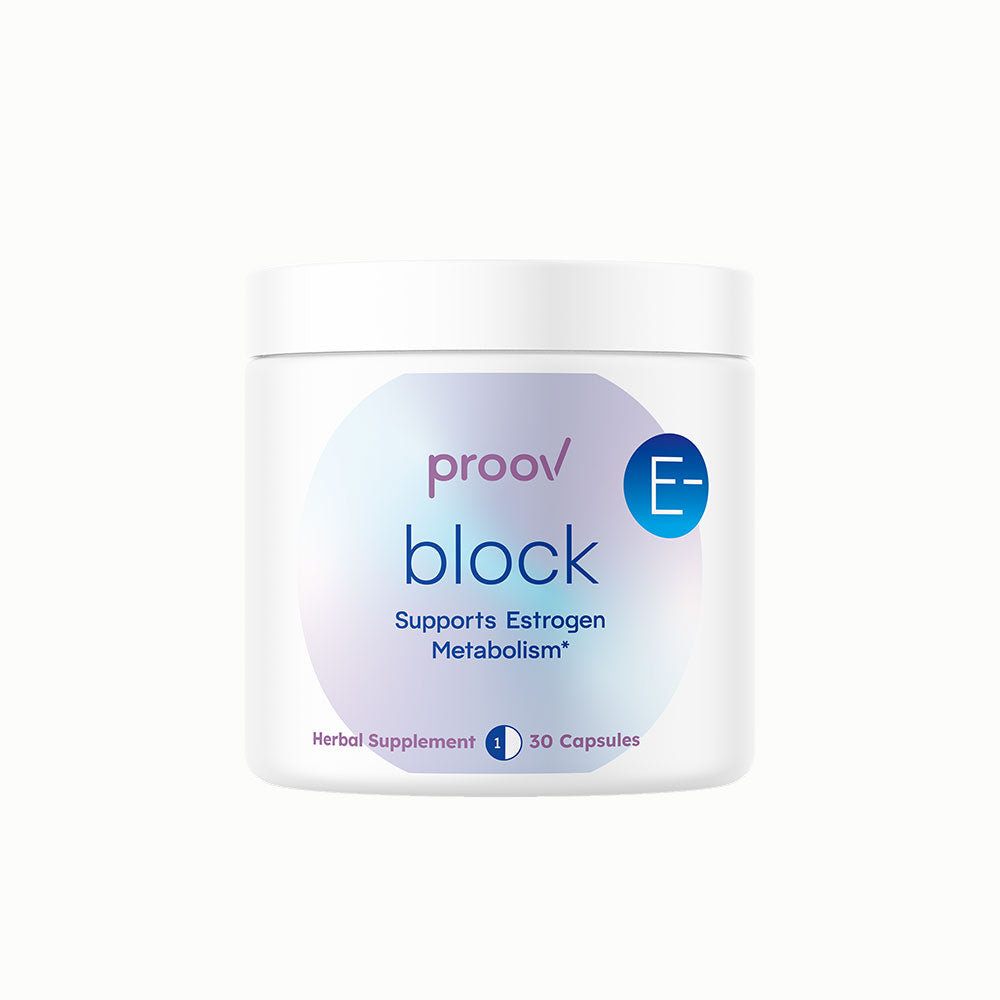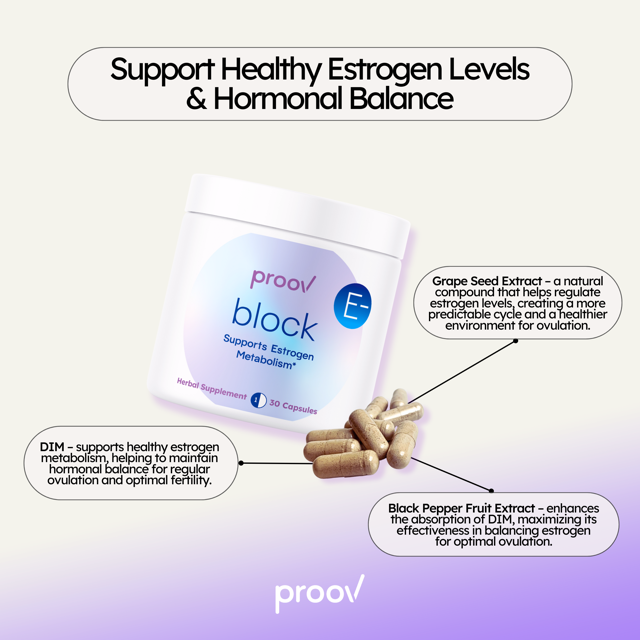Written by: Imen Clark, founder and CEO of Prickly Pear, an AI-powered companion focused on empowering better brain and hormone health through expert-backed education and holistic support.
The “Zone of Chaos” in Perimenopause
Dr. Mary Claire Haver describes perimenopause as "the zone of chaos" in her book The New Menopause (2023), a theme she expands on in her recently released The New Perimenopause, underscoring the unpredictable hormonal fluctuations that define this stage. Other experts echo this framing. Dr. Andria Terrazas Petersen, founder of The Verve Health, called it "a rollercoaster ride of hormonal emotion".
This reflects what neuroscientist Dr. Lisa Mosconi emphasizes: menopause is not simply a farewell to cycles, but rather a neurological transition. Estrogen and progesterone directly affect the brain's neurocircuitry, which explains why cognitive and emotional changes are often among the first symptoms of perimenopause. (Mosconi, The XX Brain, 2020; Brinton et al., Nature Reviews Endocrinology, 2015).
That's why the brain and ovaries can feel like they are on "bad Wi-Fi"; communication between them becomes glitchy, sometimes interrupted, and symptoms arise.
Brain fog, memory lapses, and mood shifts
First symptoms of perimenopause often include brain fog. Large studies have shown women reporting memory lapses, difficulties concentrating, and cognitive slowing well before hot flashes appear (Greendale et al., Neurology, 2009; Harvard Health Publishing, 2021). For many, hot flashes only serve as the unmistakable symptom that signals, "this is menopause."
It's important to seek help rather than just "suck it up," since mental health specialists report that anxiety and depression are especially common in perimenopause, even in women with no prior history (Gordon et al., Psychiatric Clinics of North America, 2018). Hormonal shifts affect neurotransmitter regulation in serotonin and dopamine pathways, which is why even women in their 30s, 40s, and 50s often present with mood or energy complaints. Sleep disturbances add another layer: research from the SWAN study found that night awakenings disrupt rest, intensifying anxiety, fatigue, and memory problems (Kravitz et al., Sleep, 2003).
Not Every Experience Looks the Same
The experience, however, is not uniform. Epigenetics, nutrition, socioeconomic background, and race/ethnicity all shape menopause. Findings from SWAN show that Black and Latina women tend to report more severe vasomotor symptoms, while Asian-American women report fewer, reflecting both biological and cultural influences (Avis et al., AJPH, 2001).
Tools to Support Brain and Hormone Health
The good news? There are more resources than ever to help women understand and manage these changes – especially through new digital health tools designed with perimenopause in mind.
-
Prickly Pear offers symptom tracking, voice journaling, and wearable integrations to give personalized, actionable insights into brain and body health, helping women thrive during and beyond the reproductive years (Available on the App Store).
-
Proov Empower is the first at-home urine test that tracks four key hormones (FSH, PdG, LH, and E1G) across your cycle, helping you connect symptoms to what’s happening inside your body. With results delivered in an easy-to-read report, you can bring real data to your provider or connect directly with Paloma clinicians for HRT or other treatment options.
Awareness = Power
This October, as we recognize both World Menopause Awareness Month and Mental Health Awareness Month, it’s time to spread the word: perimenopause isn’t just about hot flashes. Hormonal changes have a direct impact on the brain, and by combining symptom tracking with at-home testing, women can take charge of their cognitive, emotional, and brain health.












